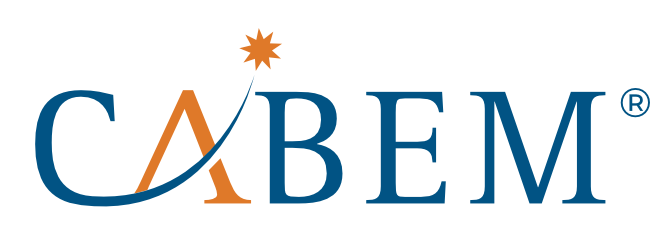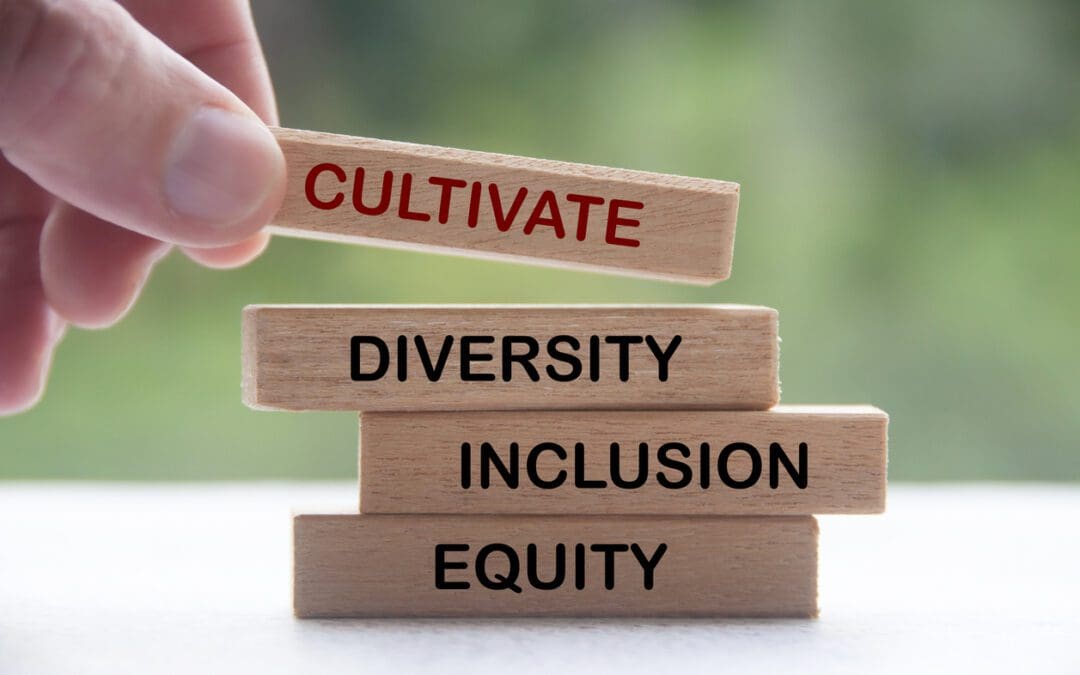Promoting Diversity and Inclusion in Your Organization
Diversity and inclusion have emerged as critical imperatives for organizations striving for success. Beyond being a moral and ethical obligation, fostering diversity and inclusion is also a strategic imperative that drives innovation, enhances employee engagement, and boosts organizational performance. At the heart of promoting diversity and inclusion lies talent development, and leveraging competency management can serve as a powerful tool to ensure fair and equitable opportunities for all employees.
Diversity encompasses a broad spectrum of characteristics, including but not limited to race, ethnicity, gender, age, sexual orientation, disability, and socio-economic background. Inclusion, on the other hand, refers to creating a culture where every individual feels valued, respected, and empowered to contribute their unique perspectives and talents. Organizations that prioritize diversity and inclusion recognize the inherent value of different backgrounds, experiences, and viewpoints in driving innovation, fostering creativity, and enhancing decision-making processes. This blog will examine how organizations can leverage competency management for fair and equitable talent development.
Challenges in Talent Development
Despite the clear benefits of diversity and inclusion, many organizations still struggle to create environments where all employees have equal access to opportunities for growth and advancement. Unconscious biases, systemic barriers, and inequitable practices can inadvertently hinder the development and progression of underrepresented groups within the workforce. This not only stifles individual potential but also limits organizational performance and innovation.
One significant hurdle is the prevalence of unconscious biases, which are deeply ingrained prejudices that influence decision-making processes without individuals being consciously aware of them. These biases can manifest in various forms, such as favoritism towards individuals who resemble those in positions of power or traditional stereotypes about certain demographic groups.
Systemic barriers, such as rigid hierarchies, limited access to mentorship or networking opportunities, and lack of representation in leadership roles, can further exacerbate disparities in talent development.
Inequitable practices, such as biased performance evaluations or promotion criteria, perpetuate unequal treatment and hinder the advancement of underrepresented groups. Ultimately, these challenges not only curtail the individual potential of employees from diverse backgrounds but also undermine organizational performance and innovation by limiting the perspectives, talents, and contributions of a diverse workforce. Addressing these challenges requires a concerted effort to dismantle systemic biases, foster inclusive cultures, and implement equitable talent development practices that empower all employees to thrive and contribute to their fullest potential.
Leveraging Competency Management for Fair and Equitable Talent Development
Competency management systems offer a transformative solution to promote diversity and inclusion in talent development initiatives. By adopting a data-driven approach, organizations can mitigate biases, identify talent gaps, and ensure fair and equitable opportunities for all employees.
- Objective Assessment Criteria – Competency management systems utilize standardized assessment criteria based on observable behaviors, skills, and capabilities. By establishing clear and transparent criteria for evaluating performance and potential, organizations can minimize subjective biases in talent assessment and decision-making processes.
- Identifying Skill Gaps and Development Needs – Through comprehensive data collection and analysis, competency management systems enable organizations to identify skill gaps and development needs across the workforce. By identifying areas where certain demographic groups may be underrepresented or underserved, organizations can implement targeted training and development initiatives to address these gaps and promote inclusivity.
- Personalized Development Plans – Competency management systems facilitate the creation of personalized development plans tailored to the unique needs and aspirations of each employee. By analyzing individual competency profiles and performance data, organizations can recommend training and development opportunities that align with employees’ skills, interests, and career goals, regardless of their background or identity.
- Monitoring Progress and Accountability- Competency management systems enable organizations to track the progress of talent development initiatives and hold leaders and managers accountable for promoting diversity and inclusion. By monitoring key performance indicators and metrics related to diversity representation, organizations can identify areas for improvement and take proactive measures to foster a more inclusive and equitable workplace culture.
Promoting diversity and inclusion is not only a moral imperative but also a strategic imperative for organizations seeking to thrive in today’s competitive business environment. By leveraging competency management for fair and equitable talent development, organizations can mitigate biases, identify skill gaps, and foster a culture of inclusivity where all employees have equal opportunities to succeed and contribute their fullest potential. By prioritizing diversity and inclusion in talent development initiatives, organizations can unleash the collective power of their workforce and drive innovation, growth, and success for years to come.
Cabem’s Competency Manager fosters a culture of inclusivity
At Cabem, we recognize the transformative power of diversity and inclusion in driving organizational success. That’s why we prioritize diversity and inclusion in all aspects of our talent development initiatives. Our competency management software, Competency Manager is designed to foster a culture of inclusivity where every employee, regardless of background or identity, has equal access to opportunities for growth and advancement.
By leveraging data-driven insights and objective assessment criteria, Competency Manager helps organizations mitigate unconscious biases, identify skill gaps, and promote equitable talent development practices. We believe that embracing diversity not only enriches our workplaces but also fuels innovation, creativity, and collaboration. We strive to support organizations as they cultivate a diverse and inclusive workforce where every individual can thrive and contribute their unique perspectives and talents to achieve shared success. Visit our website to learn more about Competency Manager and our other services.

